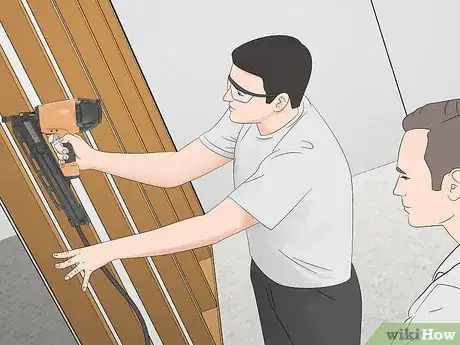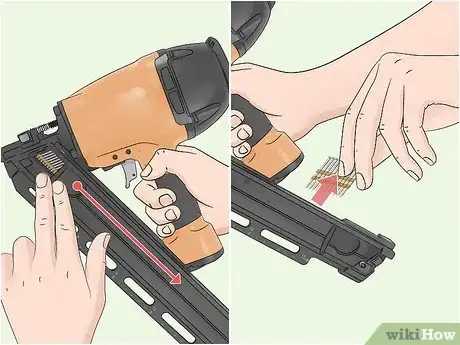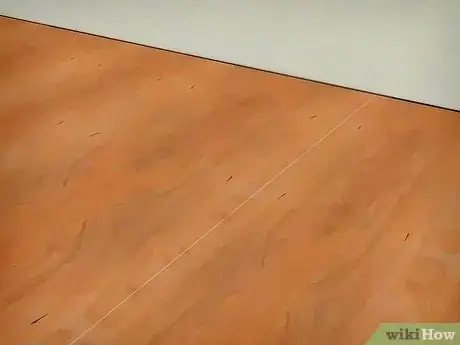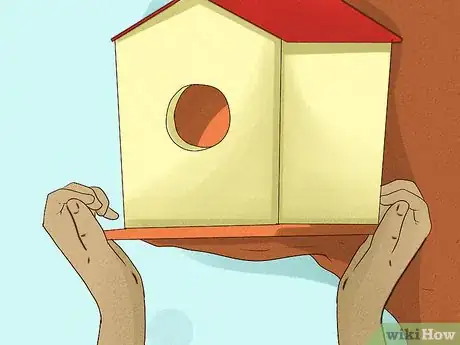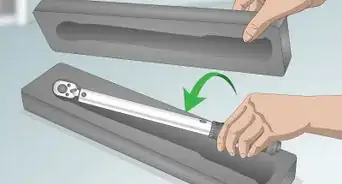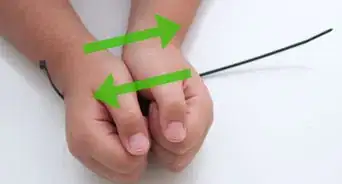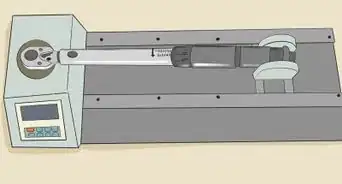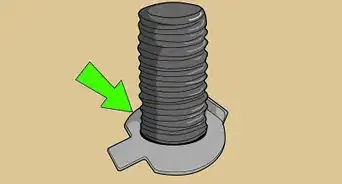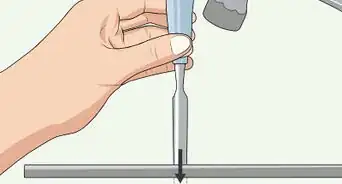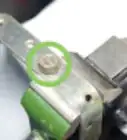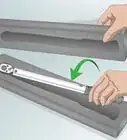This article was co-authored by wikiHow staff writer, Aly Rusciano. Aly Rusciano is a Creative Writer based outside of Nashville, Tennessee. She has over ten years of experience in creative, academic, and professional writing. Aly’s writing has been nationally recognized in the Sigma Tau Delta Rectangle and featured in Blue Marble Review, The Sunshine Review, PopMatters, and Cathartic Literary Magazine. She graduated from The University of Tennessee at Martin with a BA in English, focusing in Creative Writing and minoring in Theatre.
There are 9 references cited in this article, which can be found at the bottom of the page.
Learn more...
So, you’re thinking about starting a new wood or carpentry project. Whatever you’re working on, you need to use a nail gun—but which one do you use? The 2 most common types of nail guns are brad nailers and finish nailers, and we have everything you’ve ever needed to know about them right here. With our help, you’ll know which nailer to use for your project and how they compare.
Things You Should Know
- Brad nailers use 18-gauge nails that are perfect for small, intricate projects like installing stop moldings and building a birdhouse.
- Finish nailers can use 15- or 16-gauge nails and have enough power to build and install cabinets and flooring.
- Choose a brad nailer if your project is decorative or uses thin wood, and opt for a finish nailer for heavy-duty projects that need extra security.
Steps
References
- ↑ https://youtu.be/Jo9eeZESnuY?t=337
- ↑ https://youtu.be/cYZ2hIqzH40?t=114
- ↑ https://youtu.be/Jo9eeZESnuY?t=299
- ↑ https://youtu.be/Jo9eeZESnuY?t=324
- ↑ https://youtu.be/qUuC-Me_vb4?t=32
- ↑ https://youtu.be/To8i1Cgy8zU?t=271
- ↑ https://www.thisoldhouse.com/tools/21273347/how-to-choose-a-finish-nailer
- ↑ https://www.enegitech.com/blogs/about/home-projects-that-can-be-done-with-a-brad-nailer
- ↑ https://youtu.be/Jo9eeZESnuY?t=199

